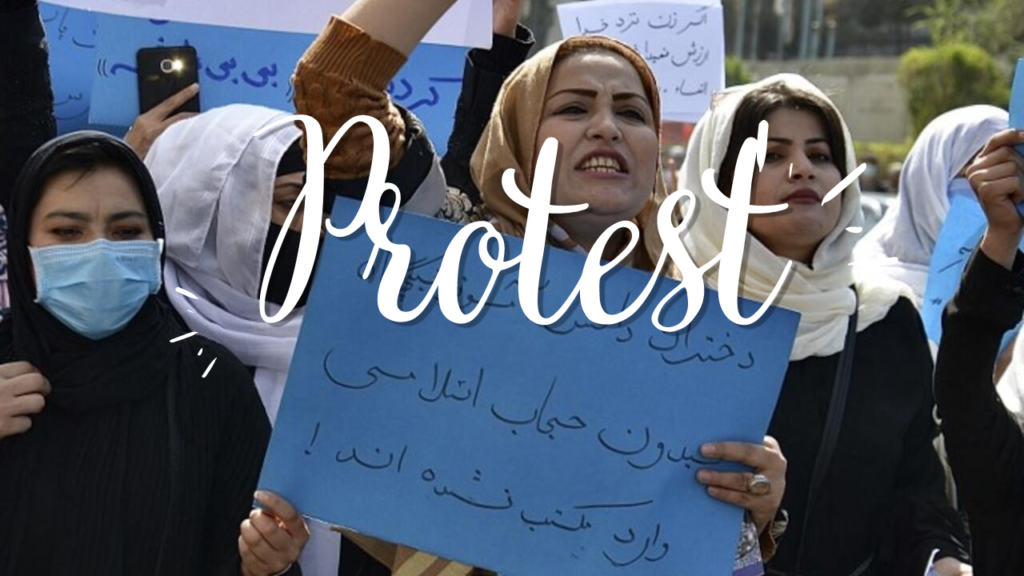Afghanistan’s Taliban-run administration letter seen by AFP says all NGOs run by the Taliban in Afghanistan are to bar female staff from entering their premises. The ministry official said some female employees did not comply with the administration’s interpretation of the Islamic dress code for women and hence were barred from working.
NGOs that do not comply with the order will lose their operating licenses in Afghanistan, the letter said.
Weeks after the Taliban-run administration issued an order closing universities to women, prompting strong global condemnation and sparking some protests and heavy criticism inside Afghanistan, the order was issued.
United Nations agencies were not immediately clear on how the order would affect them in Afghanistan, where they deliver services amid a humanitarian crisis.
According to Habib, a spokesperson of the Economics Ministry, the rules also apply to humanitarian organizations operating in Afghanistan under the coordinating body for humanitarian organizations known as ACBAR. However, the United Nations is not a part of that organization.
On Saturday, witnesses said that Taliban security forces used a water cannon to disperse women protesting the ban on university education for women.
Afghan women have staged rare protests outside of the home against the new ban on foreign clothing since the announcement, according to reports.
According to eyewitness accounts in the western city of Herat, about two dozen women headed to the governor’s house in protest of the ban on education on Saturday, chanting, “Education is our right.” Security forces fired the water cannon at the women, pushing them back.
Between 100 and 150 women participated in the protest, moving in small groups from different parts of the city to a central meeting point, according to Maryam, one of the protest organizers. She didn’t give her last name for fear of reprisals.
She said there were security personnel on every lane, in every square, armored vehicles, and armed men. When they gathered in Tariqi Park to protest, the Taliban cut branches from the trees and beat them. They increased their security presence. At around 11 am [06:30 GMT], they deployed the water cannon. The spokesman for the provincial governor, Hamidullah Mutawakil, denied that there were more than five demonstrators. He said they had come just to make a film.
The international response to the university ban has been widespread, with criticism coming from Saudi Arabia, Turkey, the United Arab Emirates, and Qatar, as well as US and G7 warnings about Taliban repercussions.
The Minister of Higher Education in the Taliban government, Nida Mohammad Nadim, said on Thursday for the first time that universities must be shuttered because he believes some lessons contravene Islamic principles. He cited mixed genders as a deterrent. Until further notice, the ban would remain in place.
The Taliban initially promised a more moderate approach to human rights than it followed after seizing power in August 2021.
It has also imposed constraints on women’s work, forced them to wear all-encompassing clothing in public, and banned them from parks and gyms.
On Saturday, dozens of Afghan refugee students in the southwestern Pakistani city of Quetta protested against the ban on female higher education and demanded its immediate reopening.


